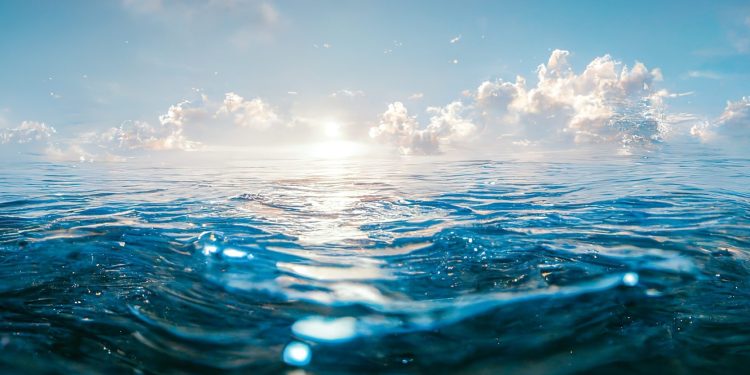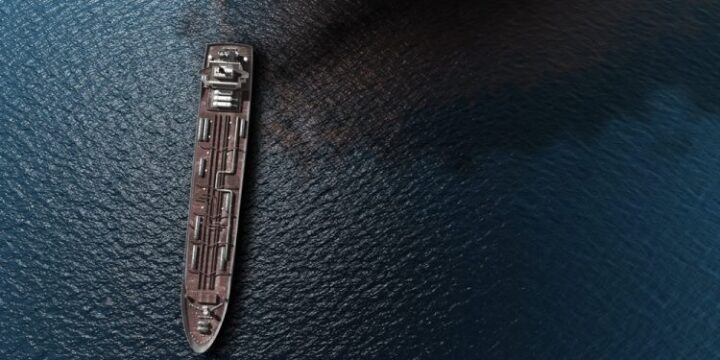June 19, 2025

Ahead of the OSPAR Ministerial Meeting in Vigo on 26 June, 20 NGOs are urging OSPAR Environment Ministers to ban toxic wastewater discharge from scrubbers, a method used by ships to clean their exhaust gases.
According to the Organizations, implementing this ban would help keep our oceans clean, support healthy marine ecosystems, and accelerate the phase-out of heavy fuel oil, one of the dirtiest liquid fossil fuels on the planet. Currently, 45 jurisdictions, including both countries and individual ports, have already taken action to prohibit or restrict scrubber discharge, but much greater coordination and urgency are needed.
The OSPAR Convention is a regional agreement focused on protecting the marine environment of the North-East Atlantic. It involves 15 governments and the European Union collaborating to prevent and eliminate pollution, conserve marine ecosystems, and safeguard human health. The convention is a continuation of the Oslo and Paris Conventions, addressing marine pollution from various sources like dumping, land-based sources, and offshore activities.
OSPAR Members include: Belgium, Denmark, Finland, France, Germany, Iceland, Ireland, Luxembourg, The Netherlands, Norway, Portugal, Spain, Sweden, Switzerland, and the United Kingdom.
A ban on toxic scrubber discharge in OSPAR waters would demonstrate strong regional leadership and align with the principles of both OSPAR and the UN Ocean Conference (UNOC).
… said the the signatories in a statement.
As stated, while scrubbers were introduced to reduce sulphur emissions from ships, they enable the continued use of heavy fuel oil, often resulting in even greater emissions of black carbon, carbon dioxide, and particulate matter. Furthermore, scrubber waste contains heavy metals, acidic compounds, and polycyclic aromatic hydrocarbons (PAHs), posing a significant threat to marine life and human health, especially in coastal communities.
However, scrubber installations are rising significantly across the shipping industry, especially in the tanker and container ship sectors, according to Clarksons Research. As of June 1, tanker scrubber orders increased by 16% to 455, while container ship orders also rose 16% to 207. Retrofit activity is surging as well, led by container ships with 127 retrofits, a 25% rise since February.
Real ocean protection means banning scrubber discharges, protecting the wildlife, putting people and the planet first. Our call for a ban on scrubber discharges is ongoing, and we look forward to more collaborations, especially with ports
… commented Sian Prior, Shipping Director, Seas At Risk
As the shipping sector transitions toward decarbonisation, simply switching to low-sulphur fuels is not enough to protect the oceans or meet climate targets. Truly green solutions, from wind propulsion and zero-emission fuels to renewable technologies, already exist and can enable deep emissions reductions, delivering both clean air and clean water while honouring our climate obligations, the signatories find.
With some vessels leaving EU ports only to pollute far more fragile ecosystems in the Arctic, it’s time for all North East Atlantic countries to follow the lead of the forward-thinking ports and countries that have already banned the discharging of scrubber wastewater into the sea. Scrubbers are a false solution – protecting the Arctic means banning their use
… explained Eelco Leemans, Technical Advisor, Clean Arctic Alliance.
Meanwhile, Francisco Ferreira, President at ZERO, stated that to protect the ocean and coastal communities, the industry must change course toward truly sustainable solutions – like renewable e-fuels, wind propulsion, battery systems, and other clean technologies.
The signatories are:
- Seas At Risk
- Opportunity Green
- Clean Arctic Alliance
- NABU e.V.
- North Sea Foundation
- BirdLife Malta
- One Planet Port
- Transport & Environment
- Green Global Future
- Pacific Environment
- Cittadini per l’aria
- Project Manaia
- Deutsche Stiftung Meeresschutz
- Environmental Defense Fund
- ZERO – Associação Sistema Terrestre Sustentável
- Fundación Ecología y Desarrollo (ECODES)
- High Ambition Climate Collective (HACC)
- Iceland Nature Conservation Association (INCA)
- Institut Mobilités en Transition
- Hellenic Ornithological Society
To remind, earlier this year, 14 environmental organizations, led by NABU, sent a letter to the OSPAR Commission urging an immediate ban on discharging wastewater from scrubbers within the 12-nautical-mile coastal zones of the Atlantic, North Sea, and English Channel.

